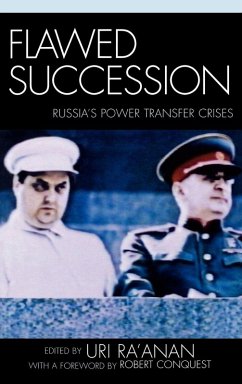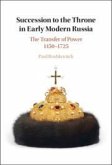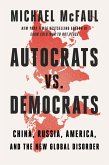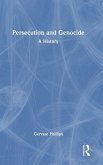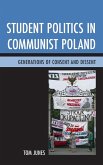This authoritative volume analyzes the state of Russia's power transfer crises throughout time, taking aim at Russia's unpredictable leadership changes and the consequent crises that result from the absence of a mechanism for legitimate succession. Leading scholars analyze this problem from the power struggles in the Kremlin immediately following Stalin's death to the rise of Putin. Shedding new light on Russia's systemic flaws and resulting instability, this work is essential for practitioners and students of policy, especially as the country reemerges as an international power with a leader who shows disconcerting tendencies to revert to authoritarian and imperial habits.
As the four case studies in this excellent volume demonstrate, a key obstacle to Russia's political development has been and remains a struggle for power among Soviet and now Russian political elites that has subverted the development of stable and effective state institutions and resulted in the rule of men not the rule of law... While this book is fascinating 'inside baseball' for a student of Russian politics, it also raises larger questions for thought about the underlying dynamics of Russia's political development. The Russian Review

